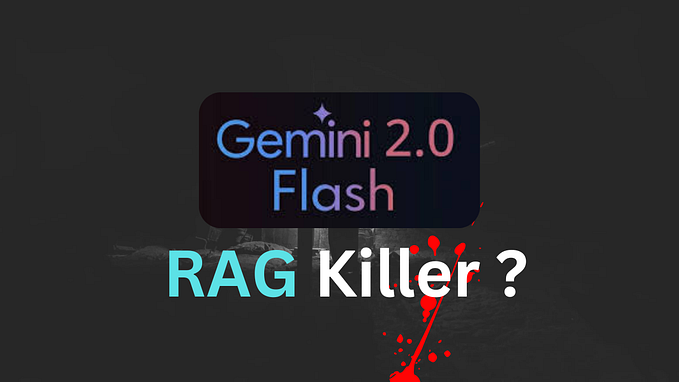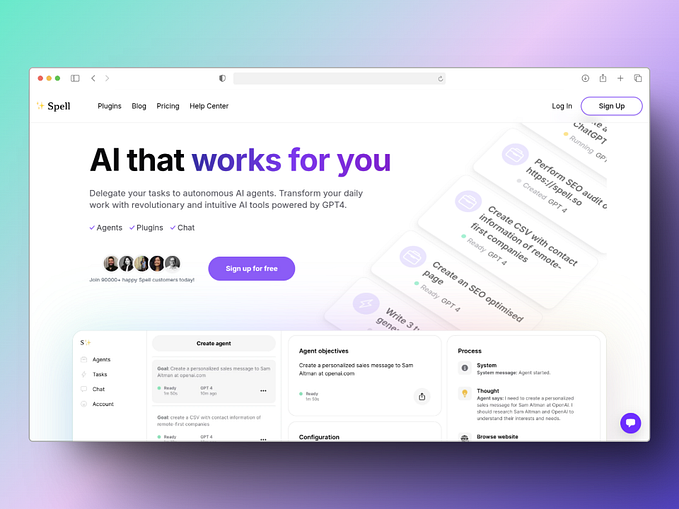Why ‘Jack of All Trades’ is In. Again!
In search for Data Science ‘Unicorns’
A rapid fire before we dig in.
- What’s the biggest difference between researchers today and researchers in centuries past like Galton, Quetlet, Leonardo etc ?
- Why do people in IT/Tech feel burned out so easily ?
- How has capitalism taken its toll on “Life” (living beings) in general ?
These are some seemingly unrelated questions and you may ask where in all this is Data Science ? Well why I started with these questions is because recently I came across two conflicting opinions. In my class of “Data Science for Competitive Advantage”, I was told that Companies are looking for Data Science Unicorns. What are data science unicorns ? People who know everything , well not everything but yeah everything data science — from identifying data, to moving data, cleaning data, processing data to data analytics, modeling , productionalizing and deploying models.
But Academics believe that it’s wrong and corporations should instead hire people with specialized knowledge — data engineers for moving and processing data, business analysts for identifying and answering business questions , data scientists for the data exploration and modeling (people with PhDs like the professors telling us all this ? free marketing ? LOL)
On the other hand, I read a very insightful book recently which preaches “the other way” (which is going to be the title of my autobiography, no ? Okay maybe too out there). The author says that at tech giants like google and amazon and microsoft — this is the way (Mandalorian reference, anyone ? OK ), this is the future and engineers are expected to be all rounders and not very specialized.
Which side am I on? Well I totally believe that its for the best of everyone that we don’t expect people to be so pigeon-holed. So deep into one thing that they lose track of time, health and money.
If we go look at the great minds of the past — Galton, Quetelet, Leonardo, these are the guys we all should be modeling after, they should be the idols of today’s tech industry.
Here are the reasons why
- These guys were Polymath (ALL ROUNDERS )— they did everything from meteorology, astronomy, mathematics, statistics, sociology, criminology etc. The motivations in those times might have been bit different from those of today — in those days they waited for days on their research assistants to prepare tables that today are a line of code away (thank you open source!) and therefore they would take up projects in parallel and in different fields. Look what they achieved ! In my opinion if we work on several different things in different fields, it not only helps us from feeling burned out so easily ( writing those data pipelines in sql — day in and day out ? ) but it also helps us — as Steve Jobs would say — connect the dots. Which brings me to the next point.
- Wider Perspectives and Original Thoughts. These guys , for reasons above , were able to create entirely new disciplines because they were exposed to thoughts and ideas from a variety of different fields. Quetelet introduced statistical methods to the social science, Galton introduced statistical methods to the study of human differences and inheritance of intelligence, and introduced the use of questionnaires and surveys for collecting data on human communities. And you would obviously be knowing about Leonardo right ? A person with no formal academic training ? That’s the one. He did everything from invention, drawing, painting, sculpture, architecture, science, music, mathematics, engineering, literature, anatomy, geology, astronomy, botany, paleontology, cartography, you name it. I bet he won Master Chef Australia too! . He has been variously called the father of palaeontology, ichnology, and architecture, and is widely considered one of the greatest painters of all time. Take away : Well obviously they were brilliant minds with disciple and perseverance but all I am saying is that if you
don’t pigeon hole yourself or more over “SME” (Subject Matter Expert) yourself you have a better chance of being able to have original thoughts and ideas
3. Low barrier to Entry. Coming back to the present and to Data Science. What does — you and me being able to read/write articles like this and share knowledge, being able to run logistic regression in 5 lines of code , being able to run massively parallel processing queries for as cheap as $10 an hour tell you?
That 21st century is about Democratisation and Commoditization.
Free Online Coursewares wildfire, Microsoft open sourcing a bunch of stuff, Rise of cloud computing, GDPR and Data Privacy and Security- are all manifestations of that one thought —
More power to the individual!
Now the opportunity this presents is immense. You and Me or anyone with access to internet can now learn new tech, new models, deep learning, reinforcement learning , “xyz” anything and go out there and start building products (hopefully for the betterment of the society). This is huge! This is something that was not possible a decade ago. Maybe it was but not as cheaply and as ubiquitously as today. And thankfully it presents challenges to unethical use and ownership of data which is another giant leap that lays the foundations for future data and AI regulations.
Smart minds have worked very hard to create platforms and open source software for you and I to consume and leverage and that is where the future skillset lies.
It’s not about reinventing the wheel, it about clever cohesion and amalgamation of resources and platforms available to us to build the next “hot” platform and then let others reap the benefits of it.
Building the ladder out.
But the consequence of this is that companies would expect you to explore. To know the basics of the entire pipeline. They would expect you to be adept and knowledgeable of the entire lifecycle and its rightly so.
Since the barriers to entry have been reduced to ashes and simpler interfaces, libraries, pieces of software have been made available to you via open source, it’s only natural for corporations to expect that having had access to all these resources, you would have at least made an attempt to explore. If not then are you are willing to give it a shot ?








